The purpose of the study was to present the first stage of work being undertaken to develop and evaluate a maturity framework designed to assess and benchmark the effectiveness, ability to achieve continuous improvement, and optimise processes and functioning of food safety regulatory and enforcement agencies across the world.
To achieve this aim, a comparison of global food safety regulations (desk review), and Delphi-interviews with stakeholders of food safety regulatory and enforcement agencies from Australia, Canada, Ireland, and USA were carried out. There were 4 members in the panel – each member had a minimum of twenty years of experience in the food regulatory world. Due to the Covid-19 pandemic-related lockdown, the panel was interviewed individually using MS Teams. 2 rounds of interviews were carried out. At the end of the first round, data was analysed using inductive, textual data analysis. A report was presented to each panel member, following which, a second round if individual interviews were carried out. This enabled us (the research team) to overcome the limitations posed by global lockdowns and social distancing measures, while carrying out a robust iterative process. Through inductive, textual data analysis, three dimensions and thirteen sub-dimensions were identified that covered cultural and systems elements influencing the quality and impact of food safety regulations across the world as well as the gaps identified by the stakeholders.
The conclusions of the study were that whilst there was broad support by food safety regulators for developing a benchmarking and evaluation framework for food safety regulatory and enforcement agencies, there were also some outstanding challenges such as defining globally applicable measures, buy-in from specialised agencies and senior management to adopt a maturity framework to change the culture within regulatory agencies, and the role played by governments in influencing the efficiency and functioning of regulatory systems.
The paper is Open-Access and resides here.
Feel free to drop me a message to learn more about the study or the methodology.

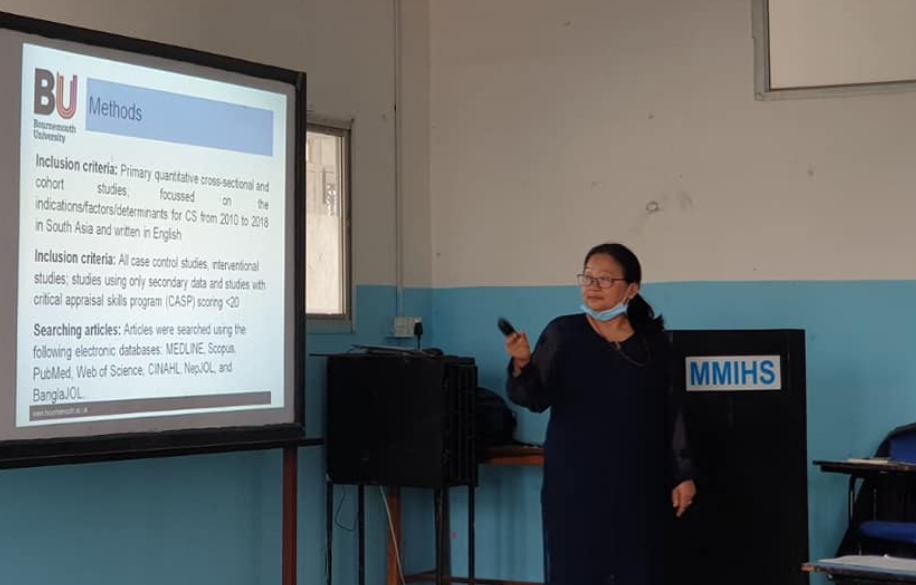

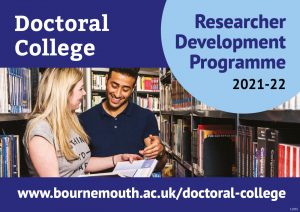

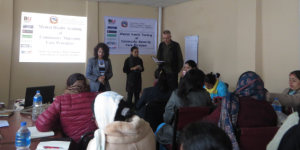




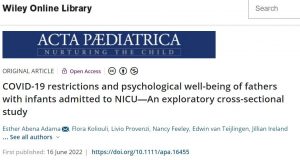
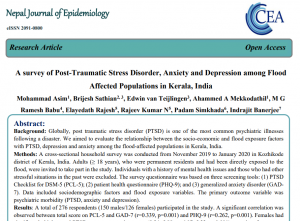


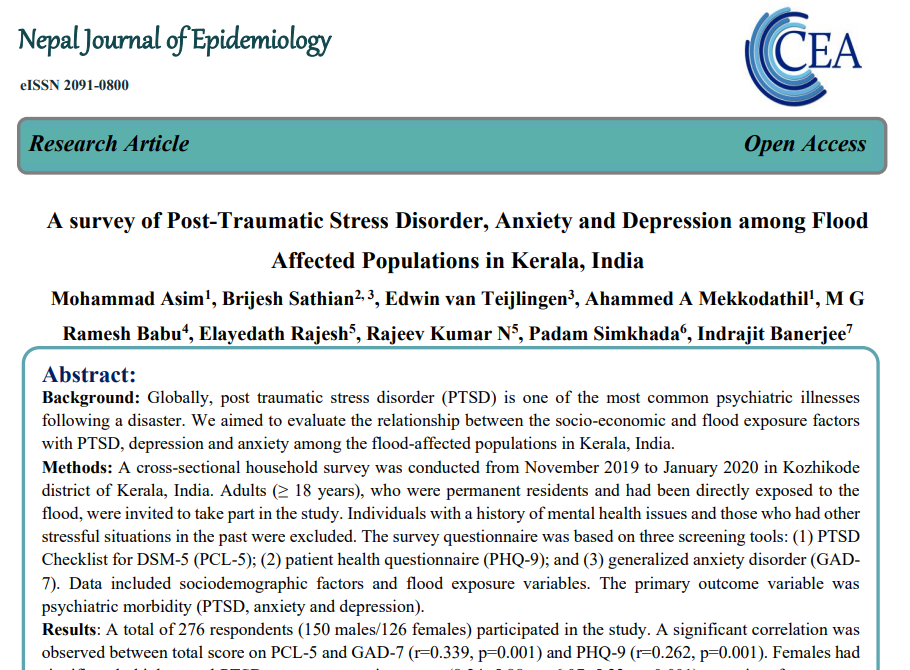
 Every BU academic has a
Every BU academic has a  By clicking on this box, on the left of the Research Blog home page just under the text ‘Funding Opportunities‘, you access a
By clicking on this box, on the left of the Research Blog home page just under the text ‘Funding Opportunities‘, you access a  The RDS Funding Development Briefings occur weekly, on a Wednesday at 12 noon.
The RDS Funding Development Briefings occur weekly, on a Wednesday at 12 noon.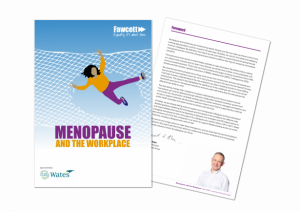
 Exciting changes are coming to you from August 2022 in terms of the support provided by RDS’ Research Facilitators.
Exciting changes are coming to you from August 2022 in terms of the support provided by RDS’ Research Facilitators.
 In addition to Research Facilitators, there are several support options in place to support you through the pre-award process and finding funding opportunities tailored to you. BU have invested in
In addition to Research Facilitators, there are several support options in place to support you through the pre-award process and finding funding opportunities tailored to you. BU have invested in  A Reminder for Staff and Postgraduate Researchers
A Reminder for Staff and Postgraduate Researchers










 BU Leads AI-Driven Work Package in EU Horizon SUSHEAS Project
BU Leads AI-Driven Work Package in EU Horizon SUSHEAS Project Evidence Synthesis Centre open at Kathmandu University
Evidence Synthesis Centre open at Kathmandu University Expand Your Impact: Collaboration and Networking Workshops for Researchers
Expand Your Impact: Collaboration and Networking Workshops for Researchers Visiting Prof. Sujan Marahatta presenting at BU
Visiting Prof. Sujan Marahatta presenting at BU 3C Event: Research Culture, Community & Can you Guess Who? Thursday 26 March 1-2pm
3C Event: Research Culture, Community & Can you Guess Who? Thursday 26 March 1-2pm ECR Funding Open Call: Research Culture & Community Grant – Apply now
ECR Funding Open Call: Research Culture & Community Grant – Apply now ECR Funding Open Call: Research Culture & Community Grant – Application Deadline Friday 12 December
ECR Funding Open Call: Research Culture & Community Grant – Application Deadline Friday 12 December MSCA Postdoctoral Fellowships 2025 Call
MSCA Postdoctoral Fellowships 2025 Call ERC Advanced Grant 2025 Webinar
ERC Advanced Grant 2025 Webinar Update on UKRO services
Update on UKRO services European research project exploring use of ‘virtual twins’ to better manage metabolic associated fatty liver disease
European research project exploring use of ‘virtual twins’ to better manage metabolic associated fatty liver disease